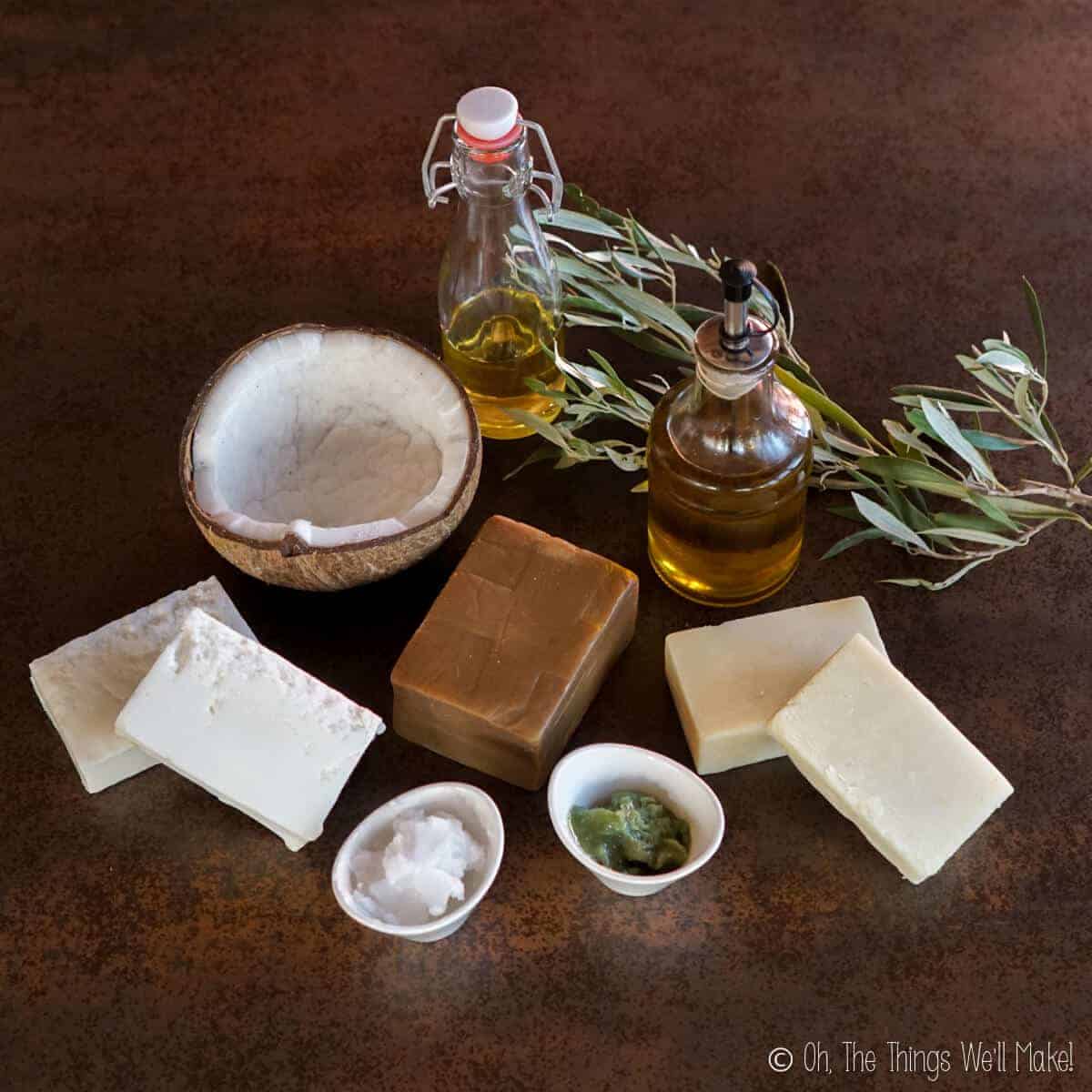What to Do with Used Cooking Oil: 10 Sustainable Solutions
Used cooking oil is a common byproduct in every kitchen. Instead of discarding it improperly and causing environmental damage, there are several sustainable options for its disposal. In this article, we will explore ten practical and eco-friendly ways to handle used cooking oil, ensuring its proper management and minimizing its negative impact on the environment.
1. Reuse for Cooking
One of the simplest ways to utilize used cooking oil is to reuse it for frying or cooking. However, certain precautions should be taken to ensure food safety. Make sure to filter the oil properly, store it in a clean container, and avoid mixing different types of oils to maintain the quality of your dishes.

Clean used cooking oil
2. Donate to Animal Shelters
Animal shelters often accept donations of used cooking oil to incorporate into their pet food production. Before donating, contact your local animal shelter or rescue organization to inquire about their specific requirements and any restrictions they may have regarding the type and quantity of oil they can accept.
3. Create Homemade Soaps
Used cooking oil can be transformed into eco-friendly homemade soap. By combining it with other ingredients such as lye and essential oils, you can create personalized and sustainable cleansing bars. Not only will this reduce waste, but it will also save you money on commercial soap products.

Create Homemade Soaps from oil
4. Convert to Biofuel
Another excellent option for used cooking oil is converting it into biofuel. Biofuels are renewable energy sources that can power vehicles, machinery, and even generators. Biodiesel, a type of biofuel made from vegetable oils like used cooking oil, helps reduce greenhouse gas emissions and promotes a cleaner environment.
5. Recycle at Local Recycling Centers
Many communities have recycling centers that accept used cooking oil. These centers have the necessary equipment to process and recycle the oil properly. Check with your local municipality or waste management agency to find the nearest recycling facility and their specific requirements for dropping off used cooking oil.
6. Compost the Oil
If you have a composting system, you can compost small amounts of used cooking oil along with other organic materials. However, be cautious and use small quantities to avoid overwhelming the compost pile or attracting pests. Incorporating used cooking oil into your compost will enrich the soil and provide nutrients for your plants.

Compost the Oil
7. Use as a Lubricant or Rust Preventative
Used cooking oil can serve as a lubricant for various household items like squeaky hinges, garden tools, or scissors. Additionally, it can act as a rust preventative for metal surfaces. Apply a thin layer of oil to protect against rust formation and extend the lifespan of your tools and equipment.
8. Dispose of Properly
If none of the above options are available or suitable for you, it is crucial to dispose of used cooking oil responsibly. Improper disposal, such as pouring it down the drain or toilet, can lead to clogged pipes and environmental pollution. Instead, seal the oil in a leak-proof container and dispose of it in the designated waste receptacles in your area.
9. Research Local Collection Programs
Certain regions have specific programs or events dedicated to collecting and recycling used cooking oil. These initiatives may involve community drop-off points or scheduled collection drives. Stay informed about any local programs in your area through community bulletin boards, online platforms, or by contacting your local recycling or waste management authorities.
10. Educate Others
Promoting awareness about the proper handling of used cooking oil is essential for a sustainable future. Share your knowledge with friends, family, and community members to encourage responsible disposal practices. By collectively adopting environmentally friendly methods, we can make a significant impact in preserving our planet.
When it comes to used cooking oil, there are numerous eco-friendly alternatives to simply throwing it away. Whether it's reusing for cooking, donating to animal shelters, creating homemade soaps, converting to biofuel, recycling, composting, or using it for household purposes, each option contributes to a more sustainable approach. By choosing one or more of these solutions, you can actively participate in minimizing waste and protecting the environment for future generations.